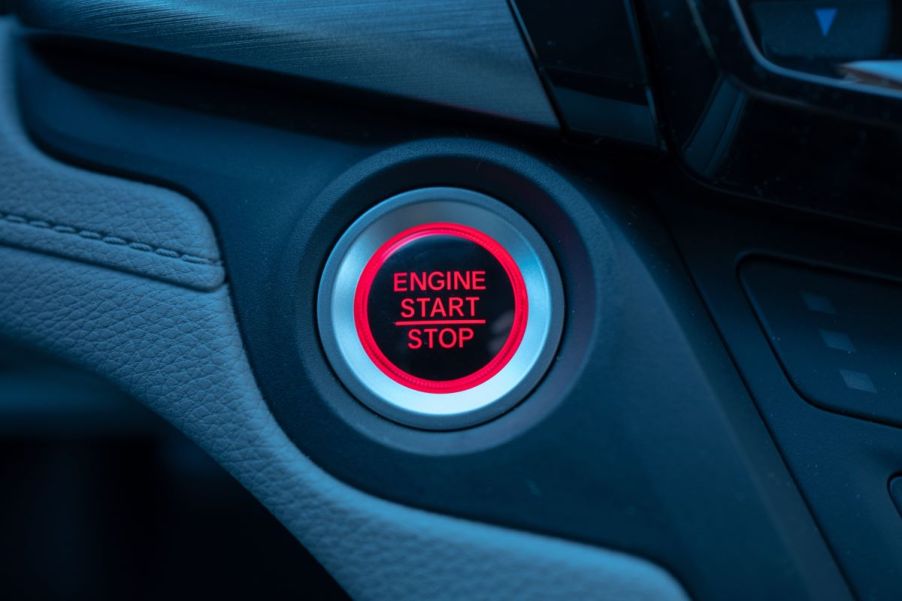
How Do Car Immobilizers Work?
The average driver doesn’t give much thought to engine immobilizers. However, it’s a car safety technology that has gone a long way in preventing car thefts. It’s why you rarely hear about modern cars being “hotwired.” Although it may be impossible to eliminate all car theft, car immobilizers have reduced the rate of car theft by about 40%, according to research.
In a recent scandal that ended in a $200 million settlement from Kia and Hyundai, cars were being easily stolen primarily because they were not equipped with immobilizers. Let’s look at what immobilizers are, how they work, and whether your vehicle has one.
What is a car immobilizer?
An immobilizer is a relatively simple security device found in most new cars. It’s fitted to a key or key fob and prevents the vehicle from starting without that specific key matched to the car. The earliest patent for an engine immobilizer goes all the way back to 1919. However, modern electronic immobilizers didn’t become common in production cars until around the late 1990s.
If your car has a push-button start, it almost certainly has an immobilizer. The immobilizer is easy to integrate into a key fob. The smart key fob transmits an electronic code to the car, and if it’s recognized, the vehicle starts when you push the button. If the correct electronic code is absent, it simply doesn’t start.
If your car uses a traditional metal key, it may still be equipped with an immobilizer. Metal keys for vehicles with immobilizers have a transponder chip embedded in the key. If a fraudulent key fits in the ignition but doesn’t have the correct transponder chip inside, the car won’t start. A vehicle with an immobilizer can do tricks, like restricting the fuel pump from turning on so it won’t start even if the ignition cylinder turns.
Quite simply, a potential car thief will have a hard (or at least harder) time stealing your car without the right key if equipped with an immobilizer.
Are car immobilizers mandatory?
Whether an immobilizer is mandatory depends on where you live. Immobilizers have been required on new cars in Germany and the U.K. since 1998, Australia since 2001, and Canada since 2007. The U.S. does not require immobilizers on new vehicles. However, a report by the IIHS says that 96% of new cars sold in the States have engine immobilizers. Generally speaking, the newer your vehicle, the more likely it is to be equipped with an immobilizer.
What if my car doesn’t have one?
If your car didn’t come with a factory immobilizer, it’s possible to add one. Many aftermarket engine immobilizers are available on online retailers for under $50. Some measure how far away the key is from the car, and others have a time-based security system. Like a factory immobilizer, the car won’t start if the corresponding electronic signal isn’t detected. Many use a traditional key fob, but some use a credit card-sized “key” to keep in your purse or wallet.
When shopping for your next car, consider checking the options list to see if it’s equipped with an engine immobilizer to reduce your chances of theft.



